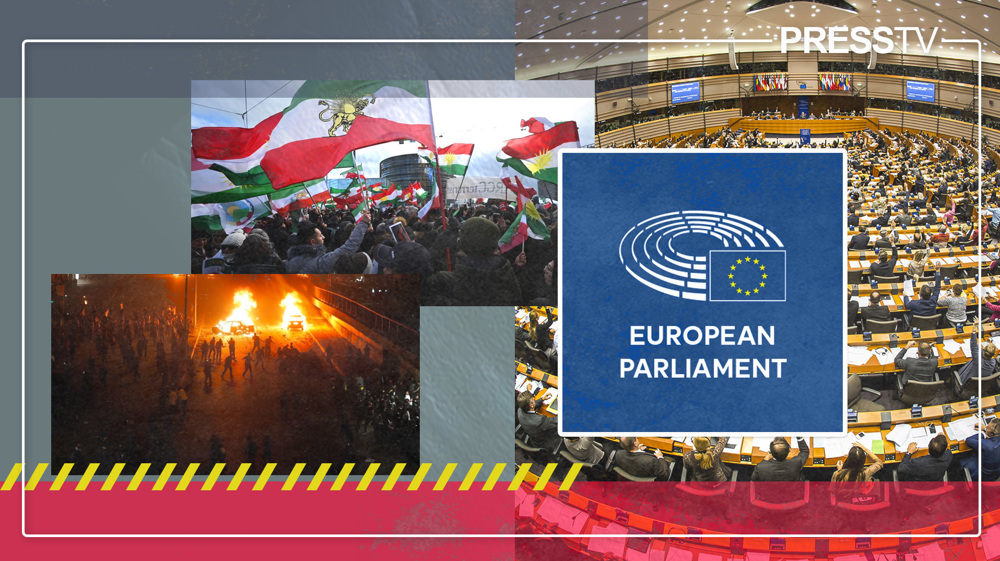Greece officially defaults on its IMF bailout loan
Greece has officially defaulted on its bailout loan with the International Monetary Fund (IMF) following the failure of its negotiation with international creditors.
The country missed the Tuesday midnight deadline to repay €1.6 billion ($1.79 billion) it owes to the IMF, becoming the first developed country to default on a loan to the fund.
The development came following reports that Athens had made last-minute overtures to its international creditors to cancel the country’s upcoming referendum on the issue in exchange for winning an extension of the payment deadline.
This is while German Chancellor Angela Merkel insisted earlier on Tuesday on her refusal to consider Greece’s call for a third bailout deal with the European Union prior to the nation’s upcoming referendum on the issue.
"This evening at exactly midnight Central European Time the program expires. And I am not aware of any real indications of anything else," she said in a news briefing.
Merkel, whose country is Greece's biggest creditor, later asserted that Athens was to blame for allowing the bailout package to expire.

The German chancellor, however, did not rule out the possibility of further negotiations with the Greek government even after its international bailout expires.
The developments come amid reports that Athens has offered to suspend its planned referendum on its bailout terms, due to take place on July 5, if negotiations with the EU are reopened.
The Tuesday report by Times of Malta cited Maltese Prime Minister Joseph Muscat as making the remarks before his nation’s parliament, adding that the Greek offer was subject to conditions and that he was not certain whether it was a breakthrough or a scheme by Athens to win more time on the bailout.
Meanwhile, Prime Minister Alexis Tsipras has called on Greek voters to massively reject the bailout terms offered by the EU which require Athens to further slash government spending and hike sales taxes.
Greece's troika of international lenders - the European Central Bank, the European Commission and the IMF - offered a €12-billion ($13.4-billion) extension of the current bailout deal to Athens on June 26 on the condition that the cash-strapped country accepts the list of austerity reforms under a new agreement between the two sides.
The country received two bailout packages in 2010 and 2012 worth a total of €240 billion ($272 billion) from its creditors following its 2009 economic crisis, in return for implementing harsh austerity measures.
According to the terms of the bailout deal, Greece had to make the €1.6-billion payment to the IMF at the end of June.
Greece’s default will potentially set it on a path out of the euro with unpredictable repercussions for the EU's grand currency project as well as the global economy.
MFB/MHB/AS
Kata’ib Hezbollah asks fighters to prepare for 'war' in support of Iran
Israeli warplanes conduct new aggressions across southern Lebanon
Democrats threaten govt. shutdown after second ICE killing in Minneapolis
MSF to disclose limited list for Gaza staff after Israel revoked its aid licenses
VIDEO | India defies Western push at UN Rights Council on Iran
Cuba's president observes drills, vows high cost for any US aggression
Iran dismisses Nazi-style propaganda on riot death toll
Israel kills more civilians in Gaza amid relentless ceasefire violations










 This makes it easy to access the Press TV website
This makes it easy to access the Press TV website